Marine Cargo Insurance
- Home
- Private: Insurance
- Marine Cargo Insurance
Marine Cargo Insurance Coverage
If your business relies on global trade, marine cargo insurance isn’t just a nice-to-have, it’s a must. Whether you’re shipping goods by sea, air or land, the risks are real. Lost, damaged or stolen cargo? Delays that throw your entire supply chain off course? These things happen more often than you’d think and that’s where marine cargo insurance steps in, protecting your shipments and ensuring you stay compliant with international shipping regulations.
From ocean freight insurance covering transit risks to marine liability insurance shielding you from unforeseen claims, having the right cover means peace of mind – and vital financial protection. So don’t leave your cargo’s safety to chance.
Call Ascend Broking Group today to dis
Marine cargo covers any movement of goods in the UK and around the world
Who needs cargo insurance?
Those who rely on insurance arranged by freight forwarders may not be certain about:
• the level of cover,
• the financial stability of the insurer,
• the claims service they will receive, or
• the true cost of the cover.
Call for a quote
Make an enquiry
If you buy, sell import or export goods then you will need to purchase marine cargo insurance
It is inevitable that from time to time accidents will happen, or goods may be lost, damaged or stolen during their journey to their final destination.
Many firms choose to utilise the services of a Haulage Contractor, and a common misconception is that their goods are fully insured by the haulier. This is not always the case. Hauliers do not insure your goods; in most circumstances they only cover their Legal Liability and this will be limited in value – for example standard Road Haulage Association (RHA) terms are £1,300 per ton regardless of the type of goods carried. In addition, the cover is for Haulier’s Legal liability, so they may avoid liability if they were not legally negligent.
Assuming your claim against the haulier is valid, and covered in full, do you want to rely on their insurance policy? What if the policy has lapsed, or has clauses and warranties that the haulier has not complied with? Who is the haulier’s insurer going to work for in the event of a claim?
Speak to us today about your requirements and to ensure you are protected on the correct basis.
Carrier’s trading conditions
If you rely on carriers’ trading conditions you may not realise just how restrictive those conditions can be in terms of:
• The circumstances in which the carrier has to pay for loss or damage, and how little the carrier might actually pay in compensation.
These questions aim to highlight some of the potential problems and to demonstrate the benefits of buyers and sellers arranging insurance cover.
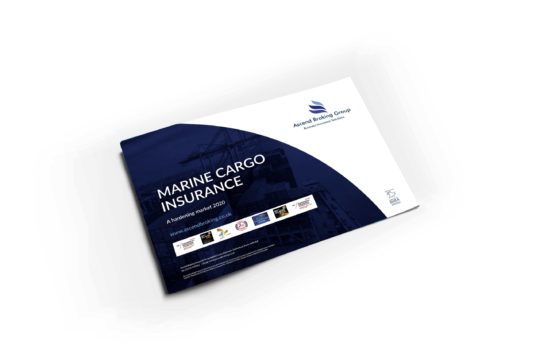
Terms of sale
- Various obligations of the seller and the buyer
- How various costs relating to the shipment are to be shared between parties
- When risk in the goods passes from the seller to the buyer.
- In particular, under two of the terms – CIF and CIP – insurance is arranged by the seller for the buyer’s benefit during the main carriage.
Case study – relying on haulier’s insurance
Relying on haulier’s cover – don’t do it!
We were introduced to a company who until recently did not purchase Marine Cargo Insurance, and were left out of pocket following a claim. They incorrectly assumed, as they were using a haulage company to move their goods, that loss or damage would be covered by the haulier’s insurance. This is not correct. Haulier’s are only liable for their legal liability to your goods, not the goods themselves. Therefore, it would need to be proven that they were legally negligent in causing loss or damage before any compensation was due to you.
You must consider:
- Even if negligence is proven, usually their liability is limited under the terms of RHA Conditions (or similar) – this would typically be £1,300 per ton regardless of the goods being carried. This could leave you seriously out of pocket.
- Losses outside of the haulier’s control are not covered – “acts of god”
- Are the limits of indemnity on the haulier’s policy adequate? Who are they insured with, are they a reputable and solvent? Is the haulier you speak with actually the one moving the goods? It is common practice for hauliers to sub-contract work to other firms, so even if you check your haulier, it may be in vain if they are sub-contracting to another company who may even sub-contract the work again themselves!
The solution
Protect your bottom line and purchase Marine Cargo Insurance. It may be cheaper than you think (premiums start as low as £250) and we can review with you your exposures to tailor a policy on your behalf.
Typical Limitation Figures
- UK road haulage – RHA conditions GBP1.30 per kg
- International road haulage – CMR SDR8.33 (about GBP9.09*) per kg
- Freight forwarding – BIFA conditions SDR2.00 (about GBP2.20*) per kg
- Carriage by air – Warsaw Convention USD20.00 (about GBP11.90*) per kg
- Carriage by sea – Hague-Visby Rules SDR2.00 (about GBP2.20*) per kg
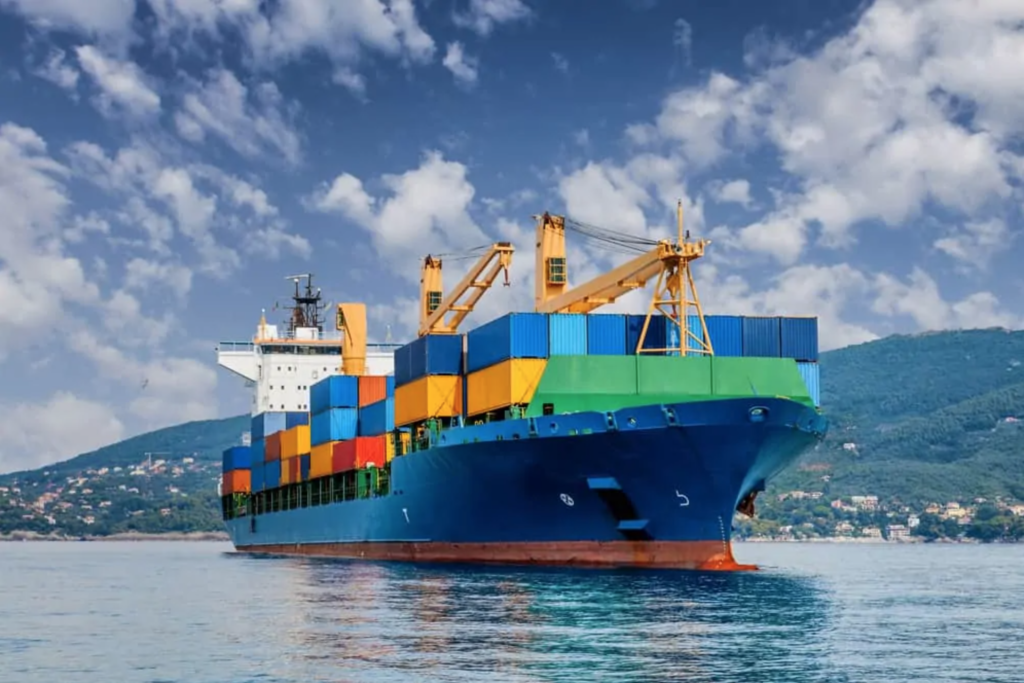
Marine cargo insurance is essential for any business involved in international trade and shipping. It provides comprehensive protection for goods while they’re in transit – whether by land, air or sea – covering risks such as loss, damage, theft and unexpected delays.
Shipping cargo across borders comes with uncertainties. Goods can be damaged in rough seas, stolen in transit or delayed due to unforeseen events. Marine cargo insurance ensures businesses aren’t left facing financial losses when things go wrong. It also helps companies meet international shipping regulations and contractual obligations.
From ocean freight insurance safeguarding shipments at sea to marine liability insurance protecting against third-party claims, having the right coverage is crucial for businesses relying on smooth supply chains. With marine cargo insurance, businesses can trade confidently, knowing their goods are protected every step of the way.
Marine cargo insurance is vital for businesses engaged in global trade and logistics. Without adequate coverage, companies risk significant financial losses from cargo theft, damage or loss during transit. Unforeseen incidents like accidents, natural disasters or delays can disrupt supply chains, leading to costly setbacks.
This insurance not only protects shipments but also ensures compliance with international shipping regulations, helping businesses operate smoothly. Tailored freight insurance policies offer added security, covering general average claims and liabilities arising from cargo damage. Whether you’re a shipper or a freight forwarder, marine cargo insurance provides essential protection, keeping your business stable even in uncertain conditions.
Marine cargo insurance covers a wide range of risks to keep your shipments protected while in transit. All risk cargo insurance offers the most comprehensive cover, safeguarding goods against loss, damage or theft.
Total loss insurance is a more basic option, covering only catastrophic losses, such as an entire shipment being lost at sea.
General average insurance protects businesses from shared financial liabilities when cargo owners must contribute to losses from emergencies like a vessel fire or grounding.
Contingency insurance provides additional cover for sellers when buyers fail to insure goods properly.
No matter the size of your shipment or mode of transport, having the right protection ensures peace of mind and financial security.
Call Ascend Broking Group on 01245 449060 or email info@ascendbroking.co.uk to discuss your marine cargo insurance needs.
All-risk cargo insurance is one of the most comprehensive protections available in marine cargo insurance, ensuring businesses don’t face devastating financial losses when shipments go wrong. Whether a container falls overboard during a storm, goods are damaged due to improper handling at a port, or cargo is stolen in transit, this coverage helps businesses recover quickly.
Unlike limited policies, all-risk insurance covers most unforeseen events, from theft and rough seas to natural disasters and accidental damage, except for specific exclusions stated in the policy. For businesses relying on global trade, this broad protection is essential for ensuring smooth operations and financial security.
Total loss insurance is a safety net no business should overlook when shipping goods across the globe. It kicks in when an entire shipment is lost or destroyed due to disasters like a ship sinking in a storm, a fire wiping out cargo or even piracy. Imagine investing in a high-value shipment, only for it to vanish overnight… without insurance, the financial hit could be crippling.
This cover is especially crucial for businesses transporting bulk goods or expensive items, ensuring they don’t bear the full cost of a catastrophe. With total loss insurance, companies can recover financially and keep operations running, even after a major setback.
General average insurance is a crucial safeguard in marine cargo insurance, protecting businesses from unexpected financial liabilities when a shared sacrifice is made at sea. If a ship runs into trouble – for example, a storm forces the crew to jettison cargo to prevent sinking or emergency rescue costs arise – everyone with cargo on board must contribute to the loss.
Without this cover, businesses could face hefty bills for damages, even if their own goods weren’t affected. Imagine being asked to pay for containers tossed overboard in a storm; general average insurance ensures you’re financially protected and compliant with maritime law.
Contingency insurance is a vital backup plan in marine cargo insurance, protecting sellers and freight forwarders when a buyer’s insurance falls short or refuses to pay out. In global trade, things don’t always go smoothly. What if a shipment arrives damaged, and the buyer refuses to accept it, or a container goes missing in transit without proper buyer coverage?
Without contingency insurance, businesses could be left covering the loss themselves. This policy steps in when the buyer’s coverage isn’t enough, ensuring sellers can recover financially without costly disputes or delays. It’s a crucial safeguard for keeping trade operations running smoothly.

Negligence is the failure to use reasonable care resulting in damage or injury to the imported commodities, for example, shipping time-sensitive goods into a known congested port.

This refers to the deterioration of physical objects because of the fundamental instability of the components of which they are made, as opposed to deterioration caused by external forces. For example, fruits and chemicals naturally deteriorate without the influence of detrimental outside forces.

This stands for ‘War, strikes, riots, and civil commotions.’ An ordinary marine insurance policy does not cover loss due to these conditions but is almost always added back to the policy by insurers.
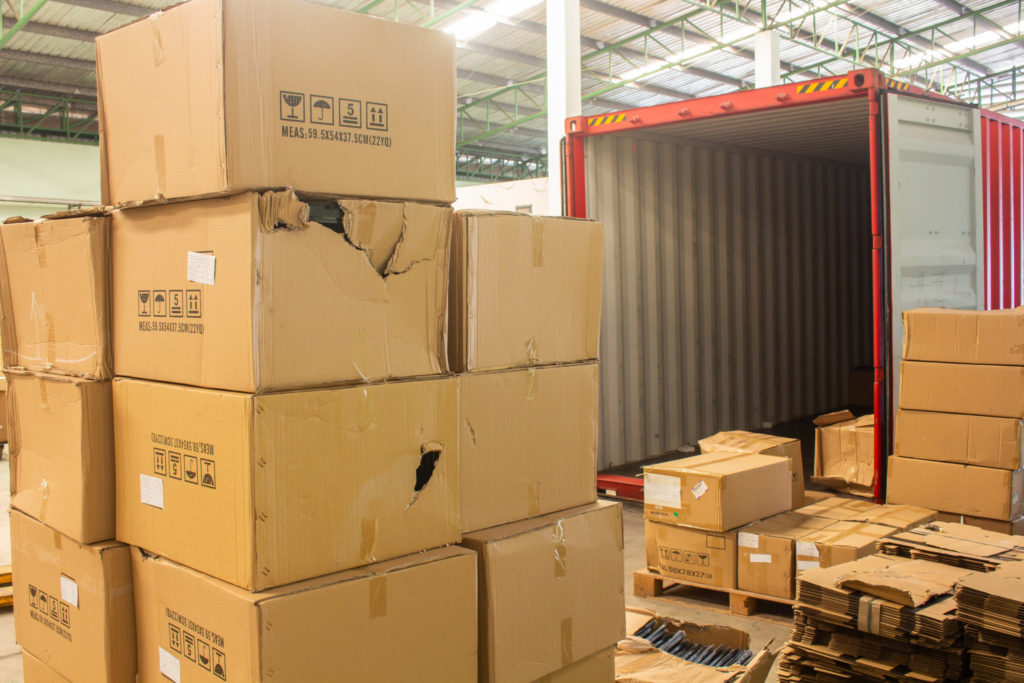
If the cargo is damaged and this results in the loss of profits from those goods, insurance will only cover the cost of the goods and not the potential profits. If the importer ordered goods for a specific event or customer and delay causes the goods to no longer be wanted, they can’t claim the lost sale.

If the client fails to pay during any point in the supply chain resulting in any loss of goods, the marine insurance will not cover the loss.

This refers to any loss, damage, or expense attributable to the willful misconduct of the insured. For example, the importer could purposefully ship goods set to expire before arrival for the purpose of seeking a claim.
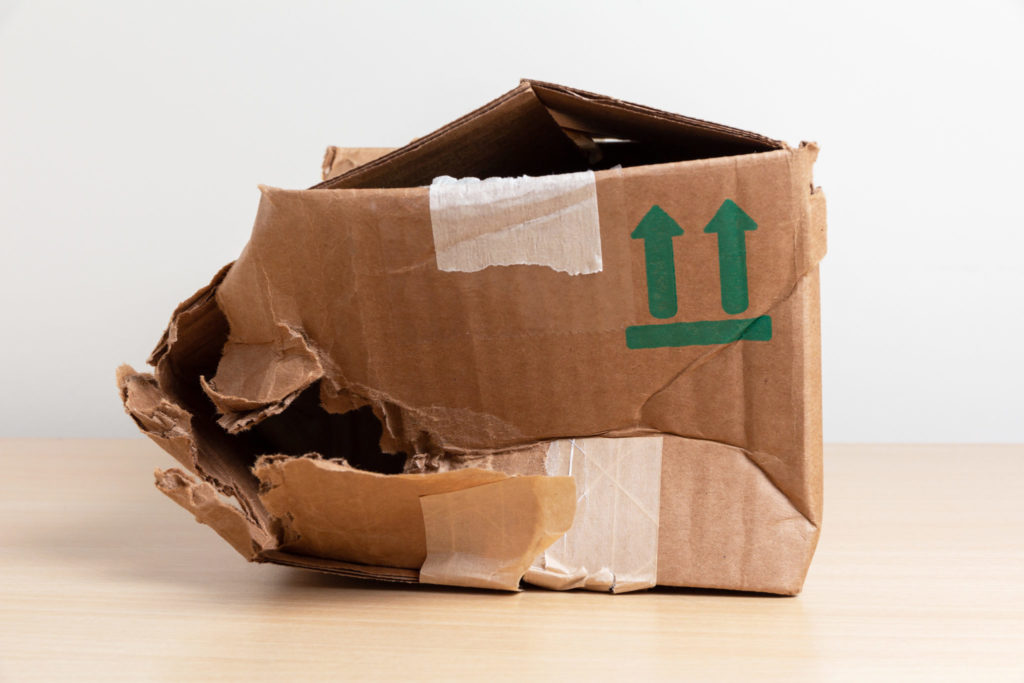
This refers to any loss, damage, or expense caused by insufficient or unsuitable packing only when packed by the insured.

This refers to loss, damage, or expense arising from insolvency or financial default of the owners, managers, charterers, or operators of the vessel. This means that the carrier is facing a financial shortage.
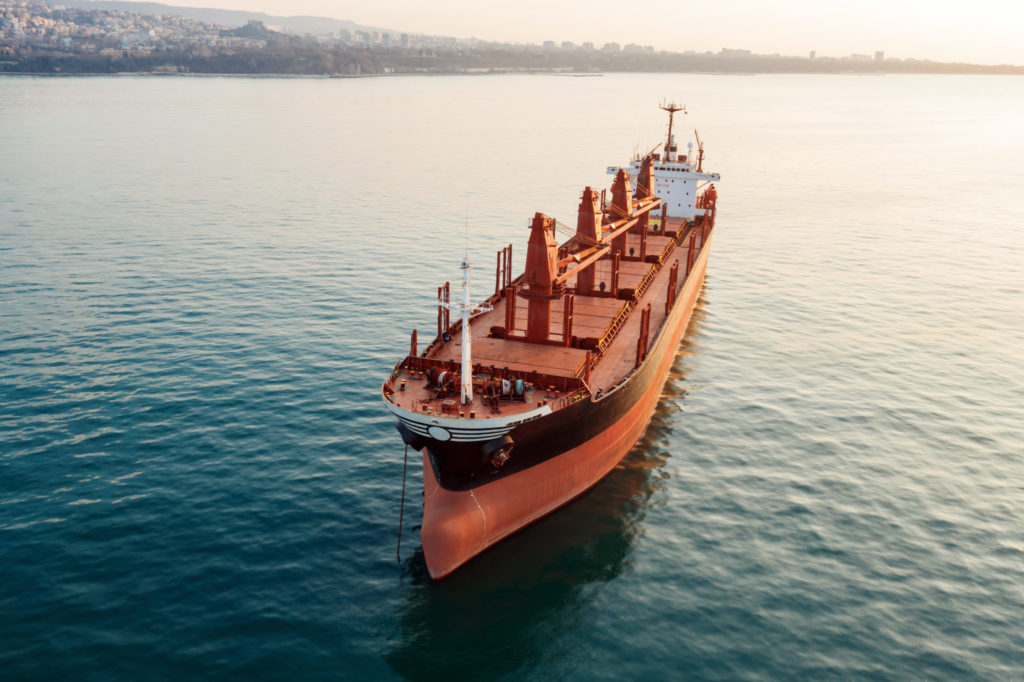
Ordinary leakage, ordinary loss in weight or volume, or ordinary wear and tear are generally excluded from all-risk policies.
Global transportation solutions for a global marketplace
As goods cross borders by land, air or sea keeping control becomes increasingly difficult. Technological advances have also created high expectations by customers in terms of manufacture and delivery. Supply chains need to be protected from disruption and the negative impacts on customer loyalty, company reputation and cash flow. Globalisation has made trade with less developed countries a reality, where weaker logistics infrastructure and theft may pose threats to delivery.
Typical Claims
Whilst a deductible or excess is often viewed as a type of self-insurance, a self-insured retention increases a company’s financial interest by requiring it to pay and actively manage claims up to a certain pre-determined amount.
When adopting a self-insured retention, an awareness of insurance, claims handling and risk control is required. Consequently, this approach was best suited to larger companies that have the resources and knowledge to manage their claims exposures. By creating an awareness of these exposures, providing you with access to our risk management portal & applying resources to manage them can often be a first-step towards a broader self-insurance arrangements.
Often, clients reach the stage where they perceive that the cost of the premium is excessive given the nature of the risk, and their own claims history. This is where a decision has to be made. Do we continue to pay away premiums and subsidise the insurers and their clients with higher claims histories? Or do we investigate alternatives to conventional insurance? If we choose the latter, this is called “Alternative Risk Funding”.
The most basic form of “Alternative Risk Funding” is Self Insurance. Self Insurance may take the form of just accepting the risk, doing nothing, and dealing with each loss as and when it happens. Alternatively, it may include setting up internal funds specifically set aside for the particular risks involved.
The form of self insurance chosen will depend on the size and number of losses expected. High frequency, relatively low cost losses such as Motor Own Damage are well suited to self funding. We suggested that Third party injury and damage losses are, initially, omitted from the exercise. Third Party claims are less controllable
than Own Damage. It is preferable that the funds set aside for self insurance are closed off as soon as possible at the end of each year to ensure the accuracy of loss data upon which the following years’ Self Insurance will be based. Typically, third party claims, especially those involving injury, take far longer to settle than “in house” own damage losses.
Insurers apply varying level of analysis to past claims histories to establish future premiums. For large motor fleets, the “Burning Cost” basis is frequently used. Other, more statistically accurate, methods are also used. However for the purpose of this exercise, we will follow the method commonly used in the industry.
You don’t have to pay insurance premium tax (IPT), on any self-insured fund which is now 12%.
There are however additional set up charges and normally a letter of credit will be required by the insurer who will step in at a pre agreed claim level.
Fleets that self-insure need to ensure that all drivers are focused on the cost of collisions, preventing them and – in the event that they do occur – reporting them quickly and efficiently so that the third party claims can be handled appropriately.
Self-insuring sharpens fleets need to have robust risk management procedures. Fleets that place a strong emphasis on risk management are more than likely to be the ones that actively consider implementing self-insurance.
We have noticed an increase in the number of queries from fleets looking to implement self-insurance recently, although the numbers involved are still relatively small in the context of the numbers of conventionally insured fleets once costs have been reviewed.
Live Directors & Officers news from across the web
on September 29, 2023 at 1:00 pm
During the attack, the group deployed several tools, most notably a newly-discovered sophisticated backdoor that ESET named LightlessCan
Lazarus luring employees with trojanized coding challenges: The case of a Spanish aerospace company
on September 29, 2023 at 9:30 pm
During the attack, the group deployed several tools, most notably a newly-discovered sophisticated backdoor that ESET named LightlessCan
5 of the top programming languages for cybersecurity
on September 27, 2023 at 9:30 am
While far from all roles in security explicitly demand coding skills, it’s challenging to envision a career in this field that wouldn’t derive substantial advantages from at least a basic understanding of fundamental coding principles
Who to speak to?

Matt Price Cert CII
Please contact Matt Price, who heads our marine division, for all marine enquiries. Matt has been specialising in marine insurance for a number of years and would be more than happy to discuss your needs. Matt’s contact details can be found below or, if you would prefer, please complete the contact form at the bottom of this page and Matt will contact you at your convenience.
Broking Director
T: 01245 449060 E:matt.price@ascendbroking.co.uk
Downloads
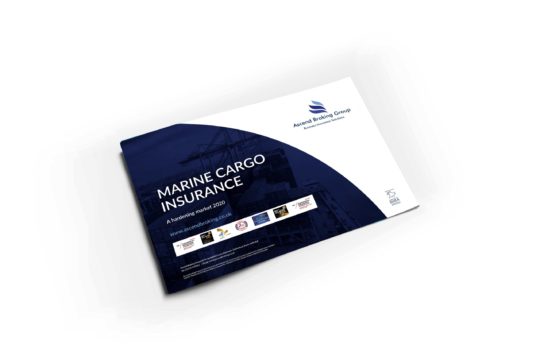
Marine Cargo Guide
Download our guide to marine cargo insurance


